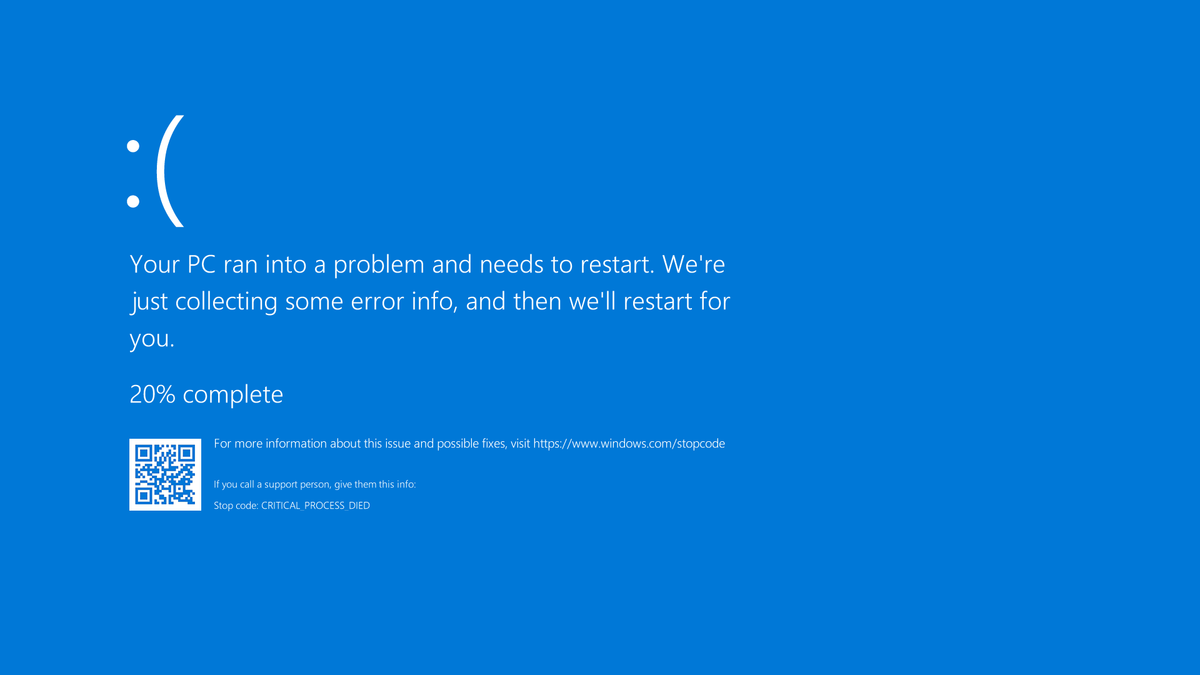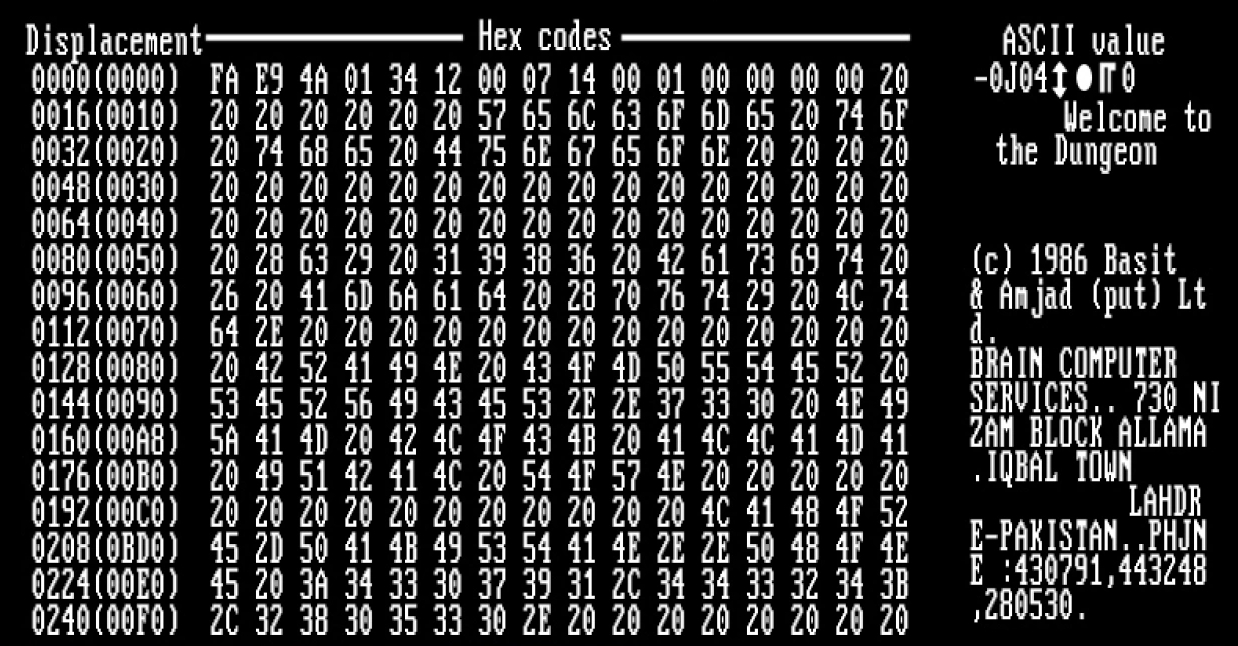Have you ever wondered why your PC suddenly became slow and unusable?
Reboot Your Computer

If your PC suddenly seems slow and unusable, try rebooting your computer first. Sometimes a simple restart can help clear out any temporary issues that may be causing your computer to slow down.
If a reboot doesn’t solve the problem, it’s possible that your computer may be infected with a virus or malware. Run a scan using your antivirus software to check for any malicious programs that could be affecting your computer’s performance.
Another common reason for slow computer performance could be due to too many programs running in the background. Open the Task Manager (Windows) to see which programs are using the most resources and close any unnecessary applications.
If you have recently installed any new software or updates, it’s possible that these changes could be impacting your computer’s performance. Consider reverting back to a previous state or uninstalling any recently added programs to see if that helps improve performance.
In some cases, a slow computer could be due to hardware issues. Check for any updates or device driver issues that could be affecting your computer’s performance.
Scan for Malware and Viruses

- Open your antivirus software
- Update the antivirus definitions
- Start a full system scan
- Quarantine any malware or viruses found
- Restart your computer
Manage Background Programs
If your PC is still slow, scan for any viruses or malware using a reputable antivirus program. Make sure your operating system is up to date by checking for updates in Windows Update. Restart your PC after updates to apply the changes.
You can also check for any outdated drivers that may be causing issues with your hardware. Go to the Device Manager and update any drivers that have a yellow exclamation mark next to them.
If your PC is still slow, consider upgrading your hardware such as adding more RAM or upgrading your graphics card. Keep your desktop clutter-free by organizing your files and deleting any unused programs.
Update Windows and Drivers
Check Device Manager: Open Device Manager to see if there are any yellow exclamation marks next to any of your devices. This indicates that the drivers for those devices need updating. Right-click on the device and select “Update driver” to manually update.
Use Task Manager: Open Task Manager to see which programs are using the most resources on your PC. You can end tasks that are consuming a lot of CPU or memory to free up system resources and improve performance.
If updating Windows and drivers does not solve the issue, consider running a virus scan to check for any malware that could be causing the slowdown. It’s also a good idea to clean up your hard drive by deleting unnecessary files and programs.
Free Up Disk Space
Make sure to check for and remove any malware or viruses that may be affecting your computer’s performance. Run a full system scan using reliable antivirus software. You can also check the Task Manager to see if any programs are using a lot of CPU or memory, and terminate them if necessary.
Regularly update Windows and drivers to ensure your PC is running smoothly. Consider disabling any unnecessary startup programs to improve boot time. If your PC is still slow, you may need to consider upgrading your hardware, such as adding more RAM or installing a faster hard drive.
Address Network and Browser Issues
If your PC suddenly becomes slow and unusable, it could be due to network or browser issues. To address these problems, start by checking your network connection to ensure it’s stable. You can do this by checking if other devices are experiencing similar issues.
Next, try clearing your browser cache and cookies to improve browser performance. Sometimes, accumulated data can slow down your browsing experience. Additionally, disable any unnecessary browser extensions that may be causing conflicts or consuming too much system resources.
If the problem persists, consider updating your network drivers or browser software to the latest version. Outdated drivers or software can sometimes lead to performance issues. You can also try restarting your router or modem to refresh your network connection.
If these steps don’t resolve the issue, you may want to run a full virus scan on your PC to check for any malware that could be affecting its performance. It’s also a good idea to check your Task Manager to see if any particular programs or processes are using up a significant amount of system resources.
Resolve Overheating Problems
If your PC is suddenly slow and unusable, one common reason could be overheating. To resolve this issue, check your computer’s fans and make sure they are working properly. You can also clean out any dust or debris that may be blocking airflow within the system.
Additionally, monitor the temperature of your CPU and GPU using software tools like HWMonitor or SpeedFan. If the temperatures are too high, consider reapplying thermal paste on the CPU to improve heat transfer.
Another potential solution is increasing airflow within your PC case by adding additional fans or upgrading to a better cooling system. Ensure that your PC is not placed in a confined space or on a surface that traps heat.
Fix Corrupt OS and Driver Issues
If the problem persists, you can update or reinstall device drivers that may be causing the slowdown. Go to Device Manager, right-click on the device with the issue, and select “Update driver” or “Uninstall device” then “Scan for hardware changes” to reinstall.
Sometimes, performing a clean boot can help identify if any third-party applications are causing the issue. To do this, open System Configuration, go to the Services tab, check “Hide all Microsoft services,” then click “Disable all.” Restart your PC to see if the problem is resolved.
Tackle Hardware-Related Issues
If your PC suddenly becomes slow and unusable, you may be dealing with hardware-related issues. First, check Task Manager to see if any specific programs are using a lot of resources.
Next, make sure your computer is not infected with a computer virus by running a full system scan.
If your PC is slow during booting, consider disabling unnecessary startup programs.
Update your device drivers and Windows regularly to ensure optimal performance.
If your PC is still slow, consider upgrading your computer hardware such as RAM or a graphics card.
Remember to troubleshoot any issues that may be causing your PC to slow down, such as a full hard drive or outdated software.
F.A.Q.
Why did my PC get so slow all of a sudden?
Your PC got slow all of a sudden due to multiple reasons such as too many programs running at once, virus infection, malware, hardware problems, or high memory usage.
Why is my PC not as fast anymore?
Your PC may not be as fast anymore due to outdated storage drive and insufficient memory (RAM), which are crucial for its performance. Upgrading these components can help improve speed and overall functionality.
Why is Windows 10 slowing down my computer?
Windows 10 may be slowing down your computer due to insufficient memory (RAM). Closing unnecessary programs or windows can help free up RAM and improve performance.
